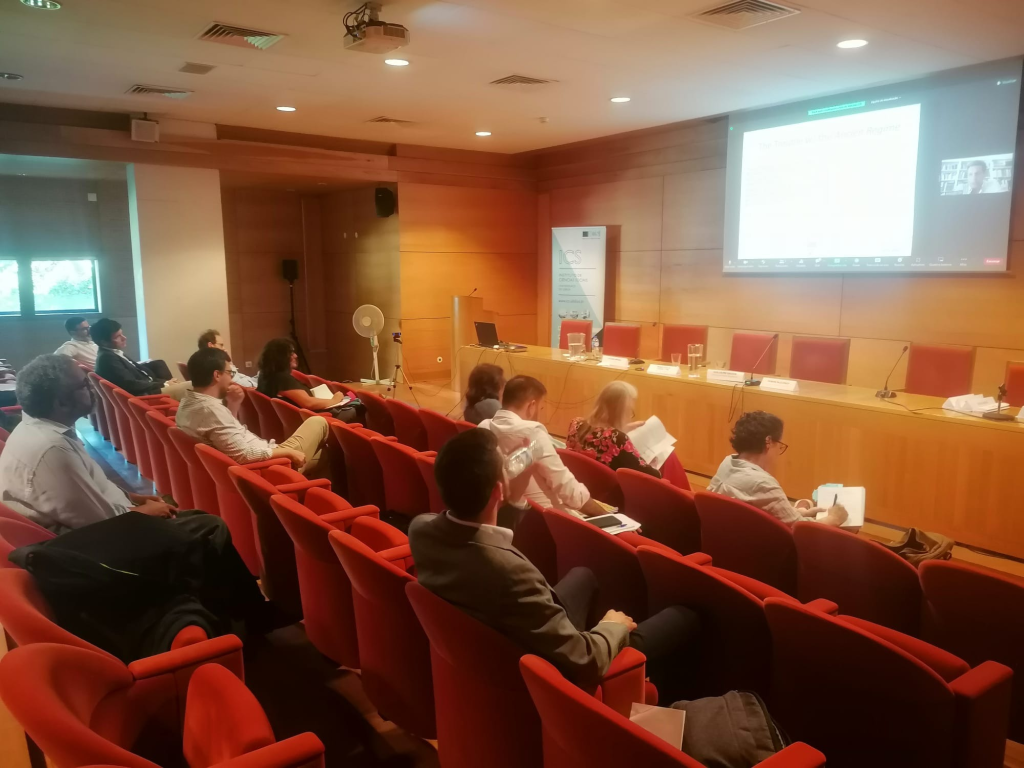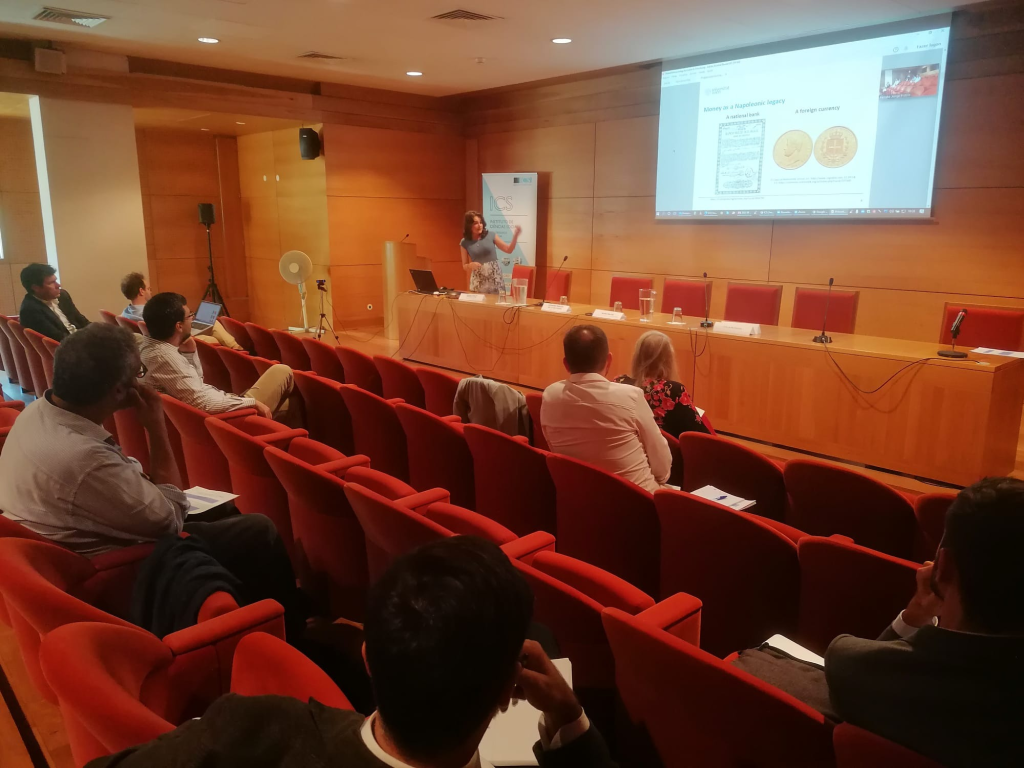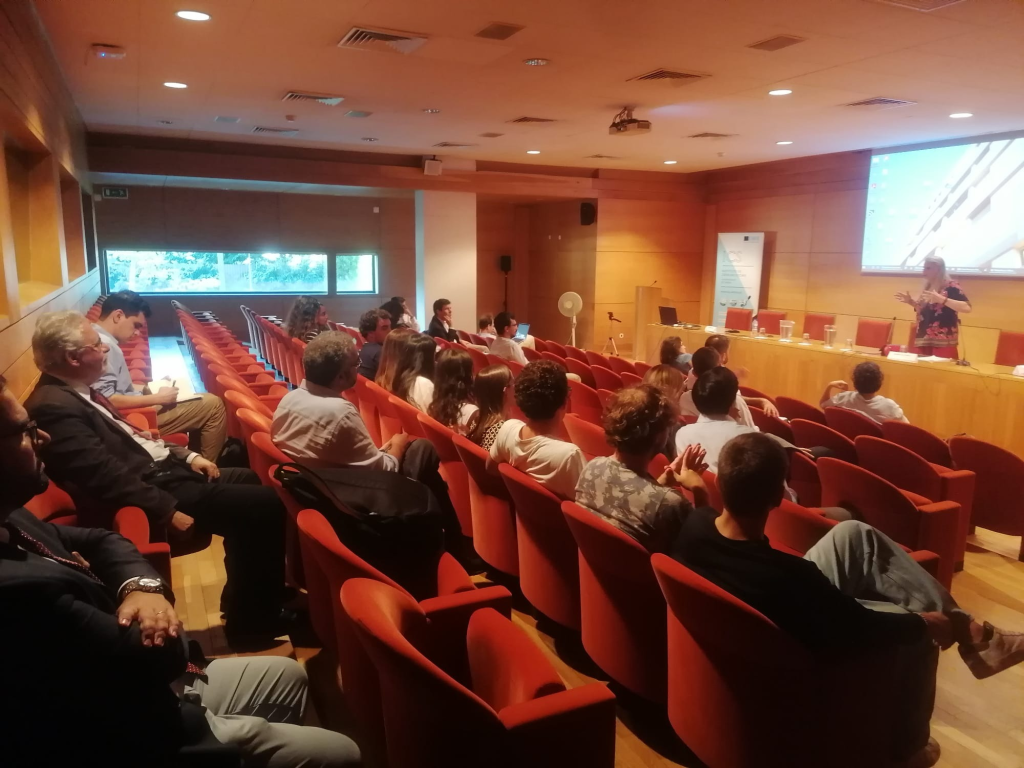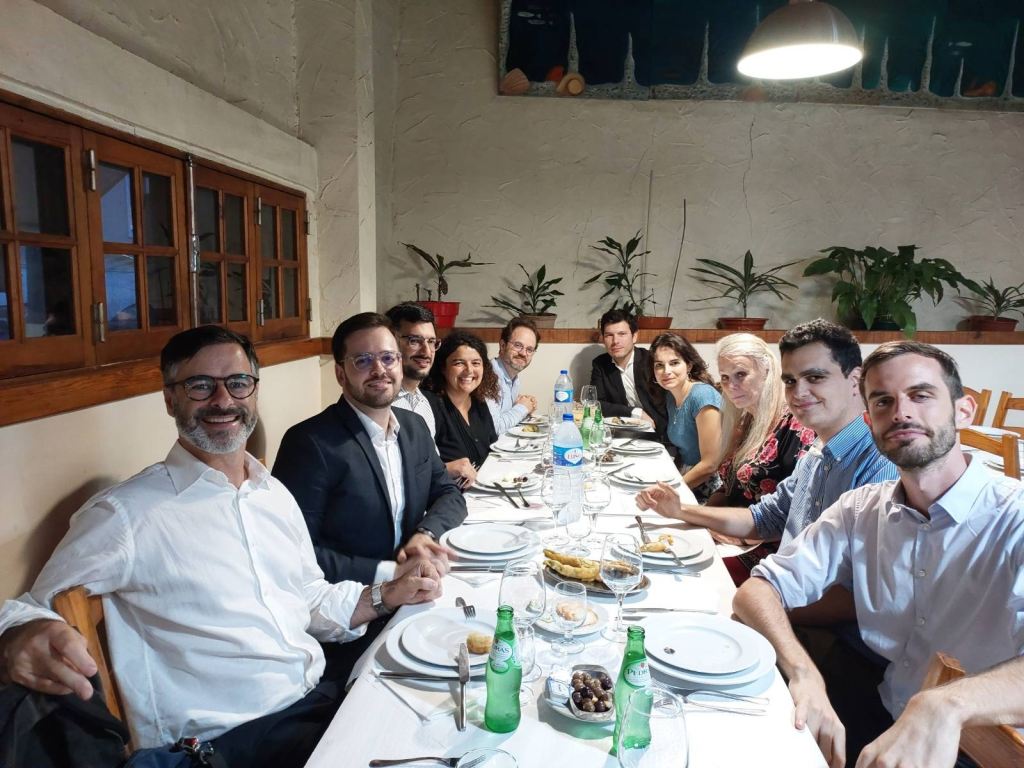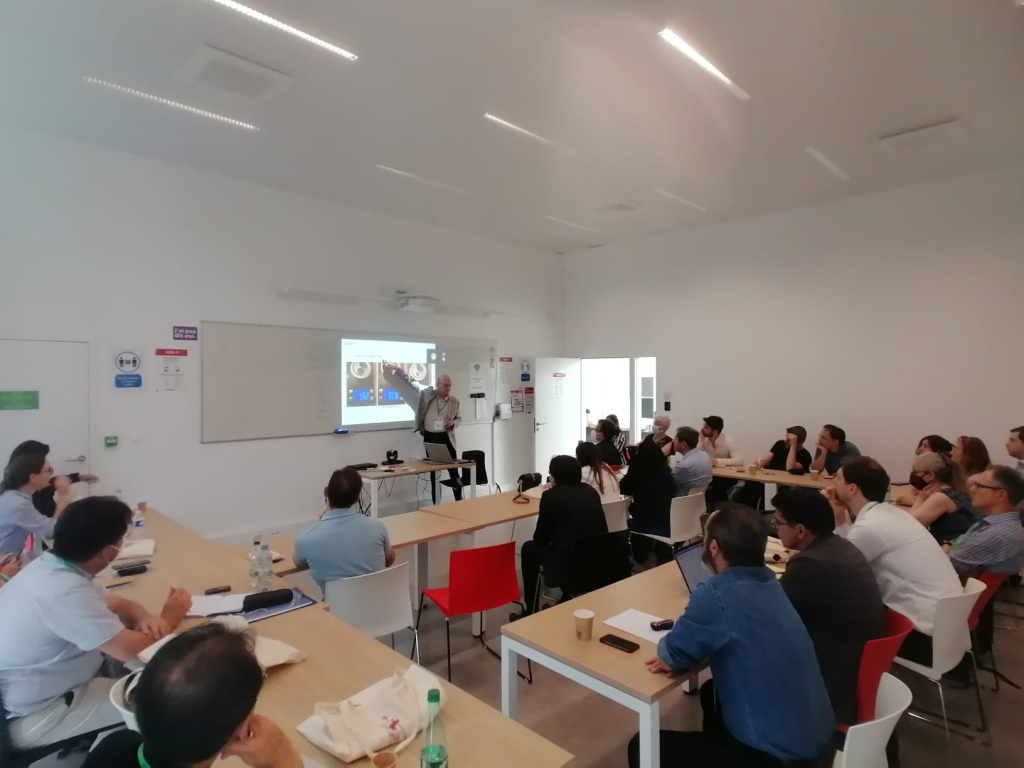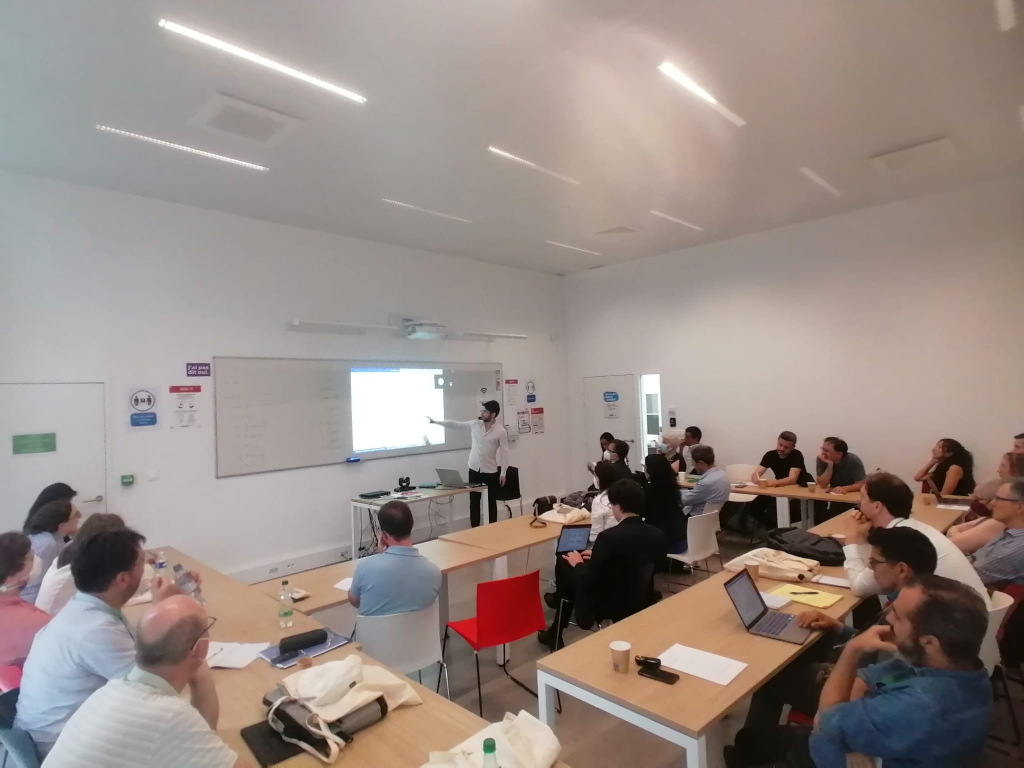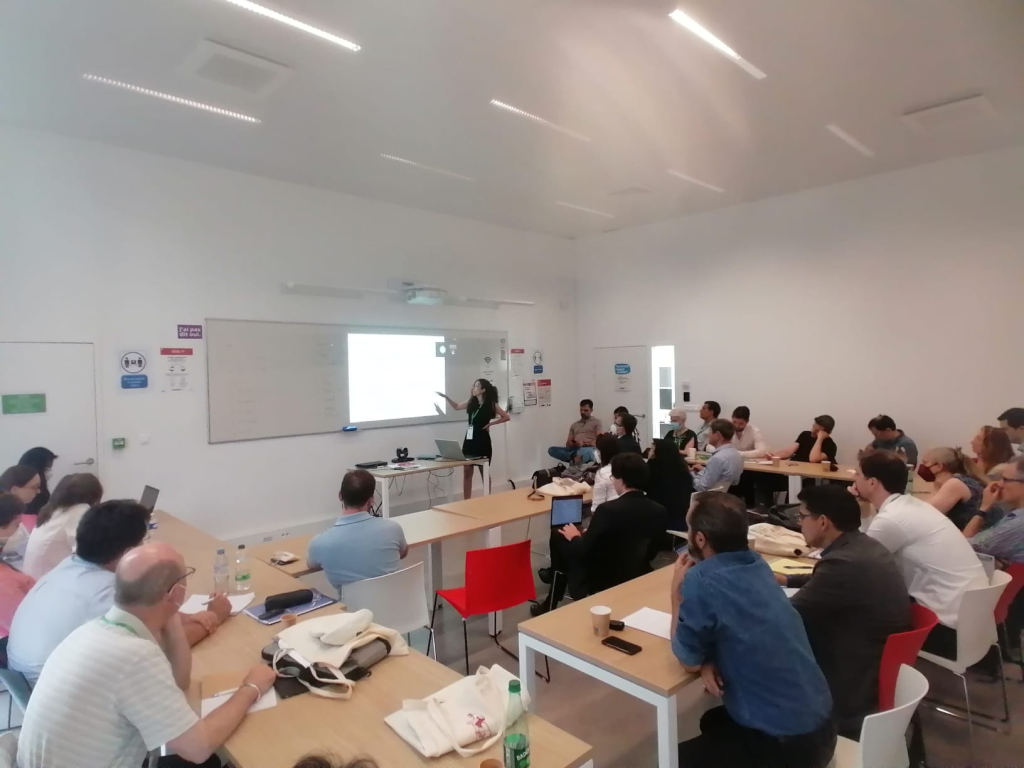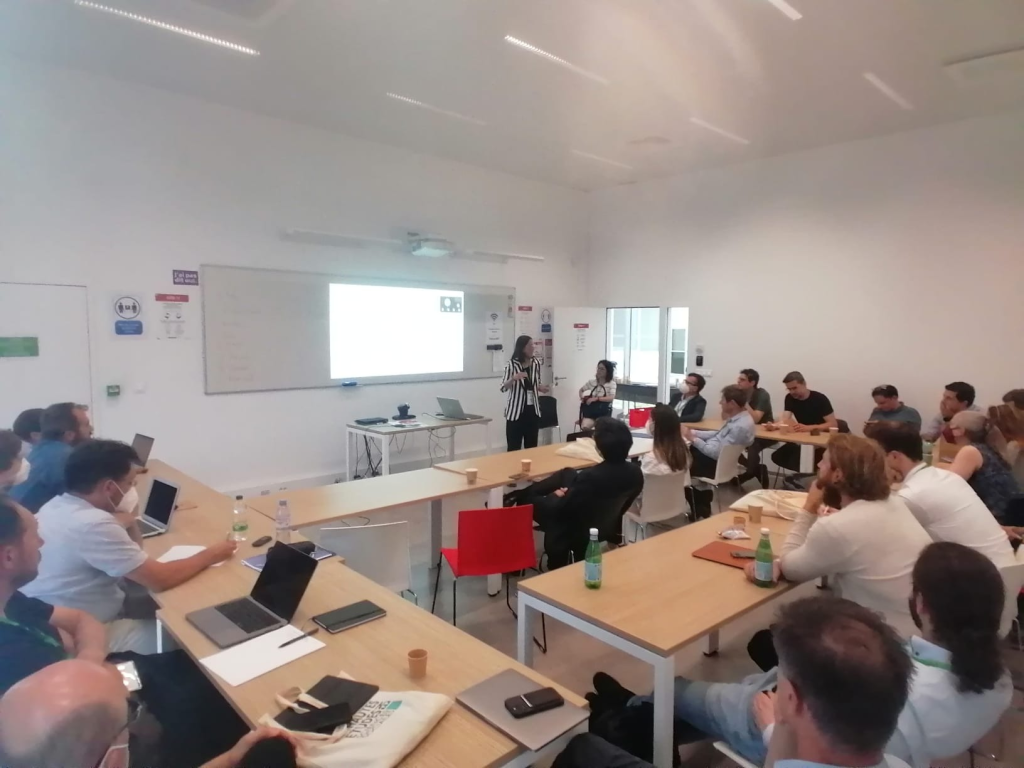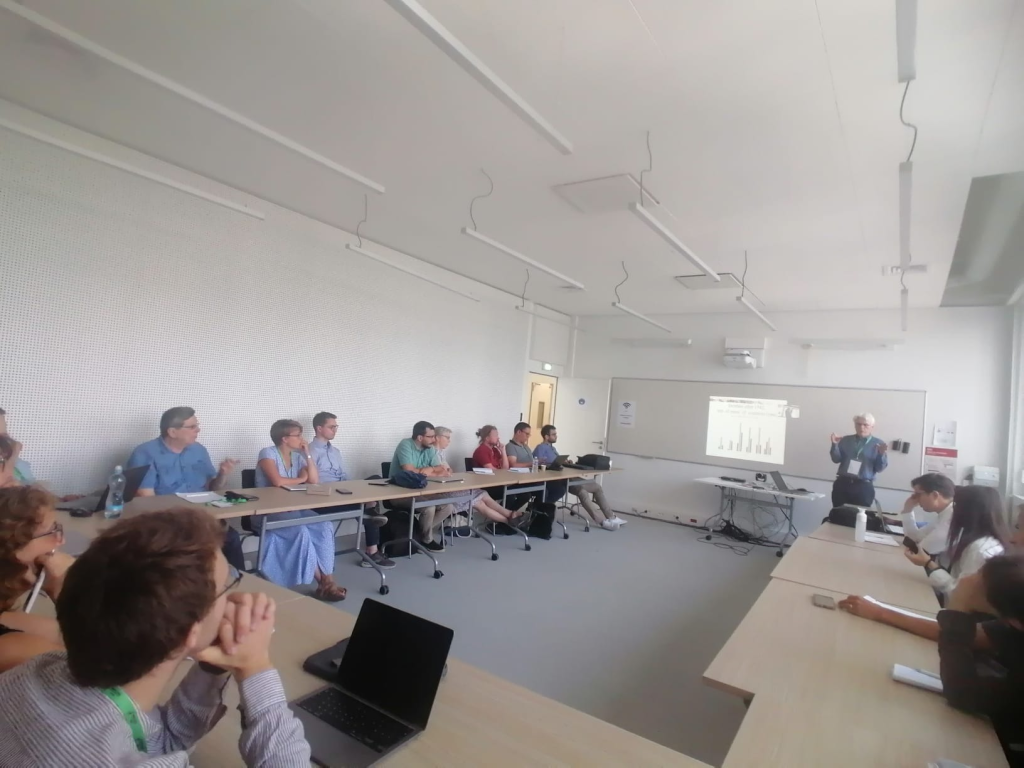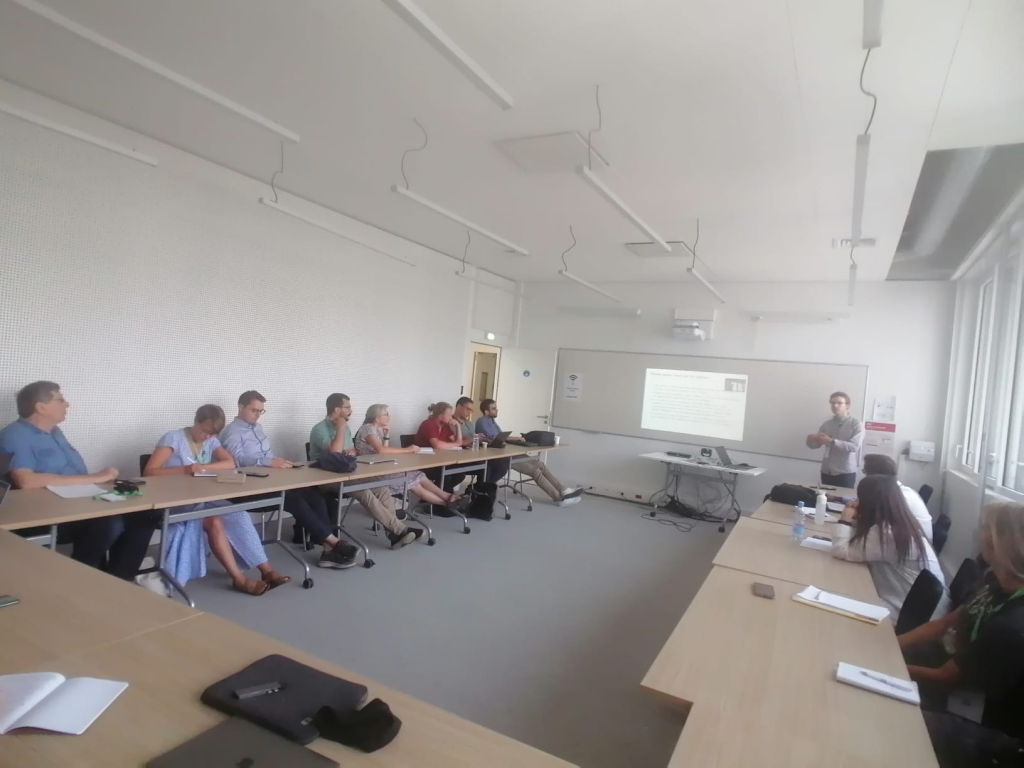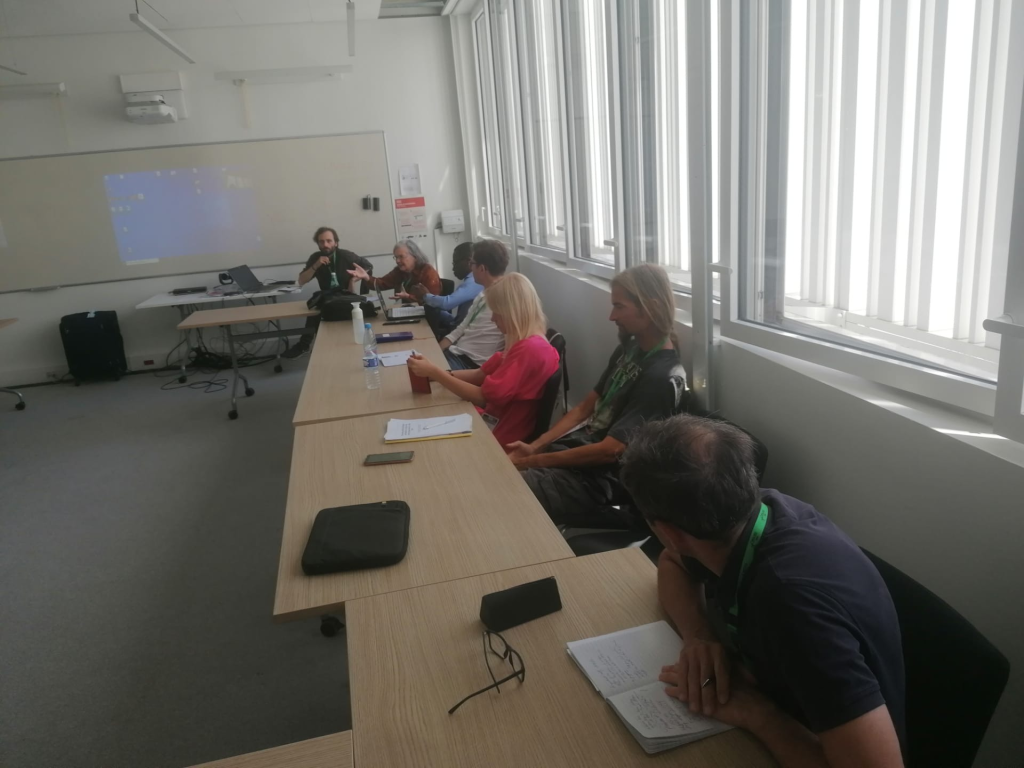Book review of S. Broadberry and K. Fukao (eds.), The Cambridge Economic History of the Modern World: Volume 1, 1700 to 1870. Journal of Economic Literature (2022) 60 (2): 648-650.
Reviewed by Nuno Palma (University of Manchester; Instituto de Ciências Sociais, Universidade de Lisboa; CEPR)
Link to the version published in the Journal of Economic Literature [Copyright American Economic Association; reproduced with permission of the Journal of Economic Literature].
This is the first of two volumes of the new Cambridge Economic History of the World. The editors have done an outstanding job in covering all the main regions of the world, topics, and time periods appropriately, given the constraints of a book this size (around 500 pages). The selection of contributing authors is also appropriate: all are well-known scholars writing about their areas of expertise.
As the editors point out in the preface, economic history has been globalizing over the last few decades. This book represents a remarkable effort to bring together and into comparative perspective this scholarly progress. If there is one central message of the book as a whole, it is that we should not think of the world as having always existed in a similar Malthusian trap until all suddenly changed with the British Industrial Revolution. Modern economic growth is a recent phenomenon, first emerging in Western Europe and then spreading elsewhere but there always existed considerable variation in levels of development over time and in different regions. While some regions were persistently richer than others, reversals of fortune also occurred. History has more color than a simple Malthusian view of the world would have us believe, and showing this point repeatedly is perhaps the greatest achievement of this book.
The book focuses on an historical description of facts and narratives, with a notable effort to summarize the key existing quantitative information which allows for bread-and-butter comparative approaches. It does this without spending much time discussing speculative causal hypotheses, especially those of the persistence literature. For the most part, this seems a wise decision: despite being in fashion, this literature often suffers from serious statistical and identification problems, and is frequently not well historically grounded (Kelly 2020; Austin 2008; Abad and Maurer 2021a, 2021b, Jedwab et al. 2022). At the same time, it seems fair to say that a detailed discussion about the role of deep causal factors as argued by some of most ambitious and influential papers in the literature would have been warranted (e.g. Ashraf and Galor 2011, 2013).
The volume is organized around two sections: part I covers regional developments, with all major regions of the world covered, while part II includes topics such as population, sources of growth, institutions, trade, monetary systems, and war.
The book sometimes pays a price for trying to compress too much information, especially in part I. For example, chapter 2 covers the economic history of continental Europe – western and eastern, including Russia – during the critical period between 1700 and 1870, on only 21 pages, of which 6 are references. This necessarily leaves so much out that it is remarkable how coherently the resulting essay in fact reads – a testament to the quality of the two authors. It would have made more sense to separate this chapter into three: one for northwestern Europe, another for southwestern Europe, and finally one for Eastern Europe including Russia. There has been much progress in understanding the economic and political history of the latter two regions in the last decades, and in this way this could have been covered in more detail.
At the same time, similar comments could be made for other parts of the world. Even though the California School’s view of the Great Divergence was too optimistic with respect to China, another key lesson from Pomeranz (2000) has been internalized: that we must compare development levels of regions that are alike in terms of size. But we simply do not yet know as much about premodern Asia, including China, compared with Western Europe. Accordingly, it is only natural that for the moment the relative size of the chapters reflects the current stage of our knowledge about each region. Overall, I found all of the regional chapters to be well-written and informative, despite minor disagreements here and there.
Most chapters are up-to-date with respect to the literature, but even though the volume was published in 2021, there are instances of papers published in 2019 still cited here in their earlier, unpublished, formats. It would have been possible to engage in a more thorough revision and update them, while double-checking if all results still hold. Relatedly, I found minor inconsistencies between chapters. For example, the GDP per capita levels given in Table 1.4 of Chapter 1 do not match exactly those of Table 14.1 of Chapter 14, even though the general trends and cited sources are similar. The difference is likely related to alternative time series or endpoint benchmarks – either from different vintages of the Maddison Project Database or based on a decade average instead of a single year benchmark – having been used; but the reader is left wondering. Having said this, it is fair to say that such instances are rare, while book publishing is a slow business which makes delays understandable, and at least until 2018 references seem updated.
Given the small size of the book, relative to its ambition, a selection of topics is unavoidable and to be expected. Nonetheless, it is fair to say that the authors of some chapters are too focused on publicizing their own work. This is common practice, and it is understandable to a certain extent. But it is done here in some (not all) chapters beyond what is reasonable, and to the point that it becomes obvious and tiresome. This is regrettable as it happens at the cost of a broader presentation of related, better-quality material which exists in the literature. It would have been possible for the editors to encourage the authors of some individual chapters to avoid this practice. This is, in my view, the main downside of this otherwise excellent book.
References
Austin, G. (2008). The ‘reversal of fortune’ thesis and the compression of history: perspectives from African and comparative economic history. Journal of International Development: The Journal of the Development Studies Association, 20(8), 996-1027.
Abad, L. Arroyo and N. Maurer (2021a). Forced Labor in Colonial Latin America. CEPR Discussion Paper 16467.
Abad, L. Arroyo and N. Maurer (2021b). History Never Really Says Goodbye: A Critical Review of the Persistence Literature. Journal of Historical Political Economy 1(1): 31-68.
Ashraf, Q., and Galor, O. (2011). Dynamics and stagnation in the Malthusian epoch. American Economic Review, 101(5), 2003-41.
Ashraf, Q., and Galor, O. (2013). The ‘Out of Africa’ hypothesis, human genetic diversity, and comparative economic development. American Economic Review, 103(1), 1-46.
Jedwab, R., Meier zu Selhausen, F. and Moradi, A. (2022). The economics of missionary expansion: evidence from Africa and implications for development. Journal of Economic Growth (forthcoming)
Kelly, M. (2020). “Understanding Persistence.” CEPR Discussion Paper 15246.
Pomeranz, K. (2000). The Great Divergence. Princeton University Press.




